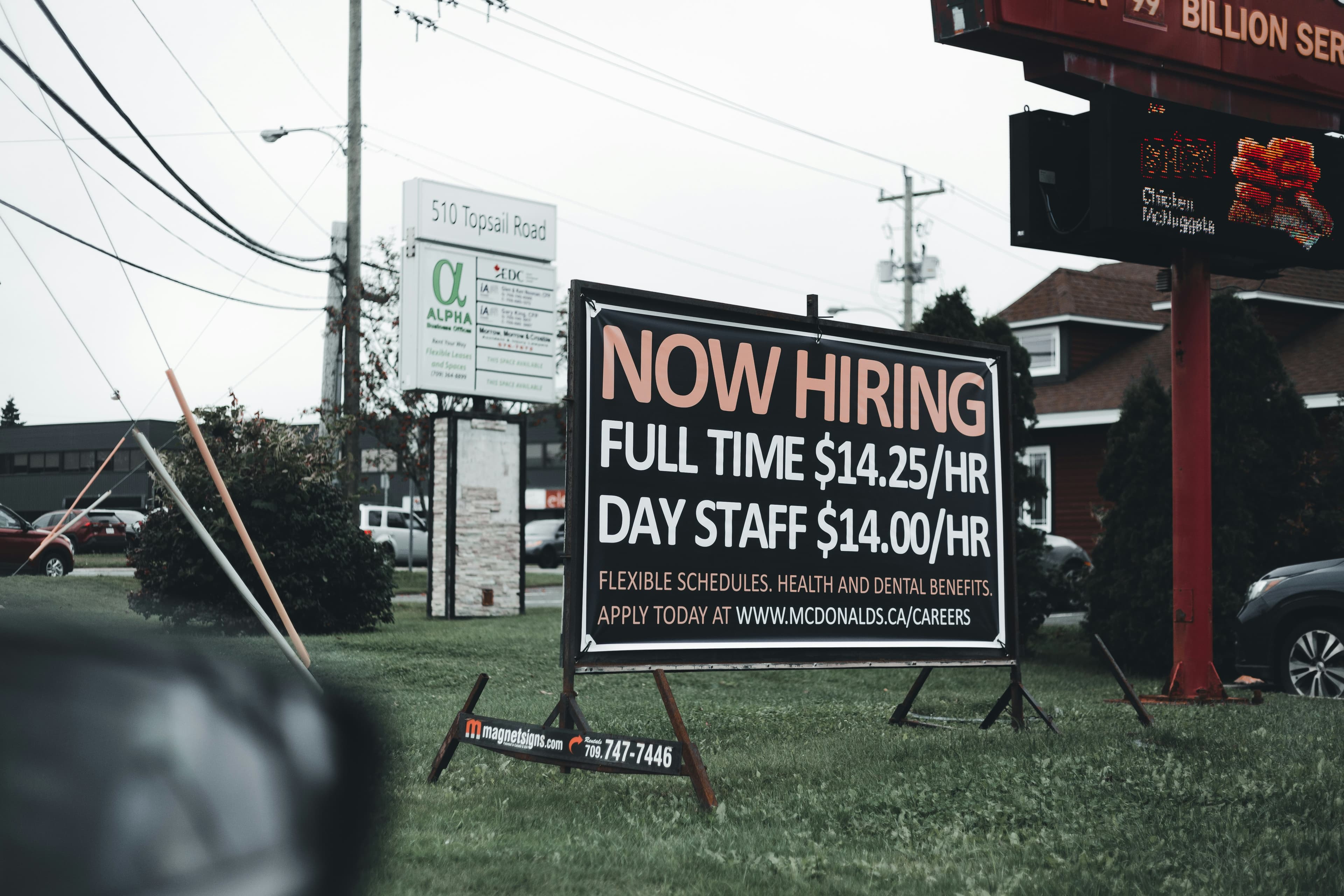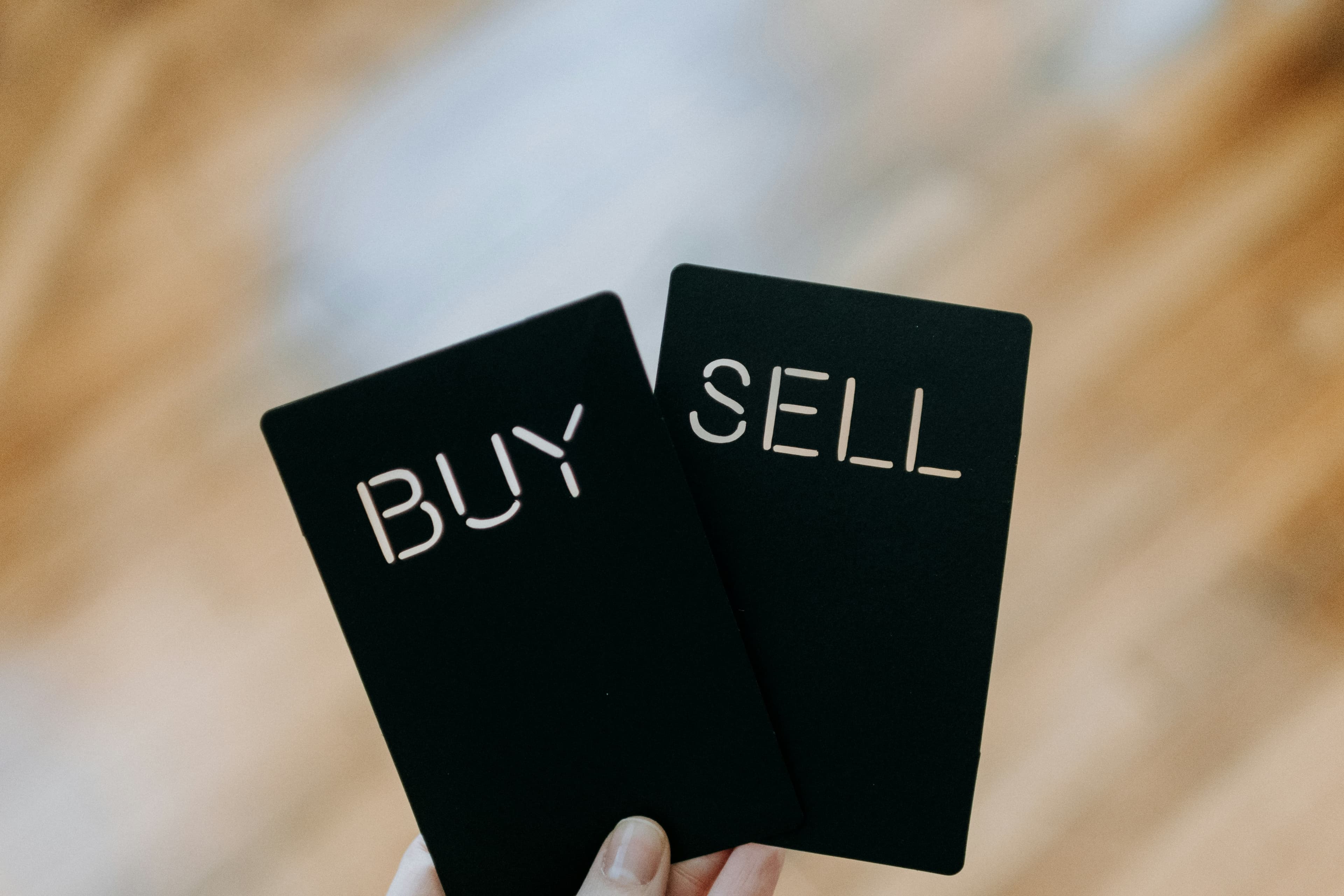
A Simple Challenge for Your Freelance Writing Business
When it comes to writing copy that actually sells, reading is only half the battle. At the end of the day, there’s just one way to get great at it: you have to write, put your words in front of real people, and see how they react. The reaction you’re looking for, of course, is when they decide to buy.







